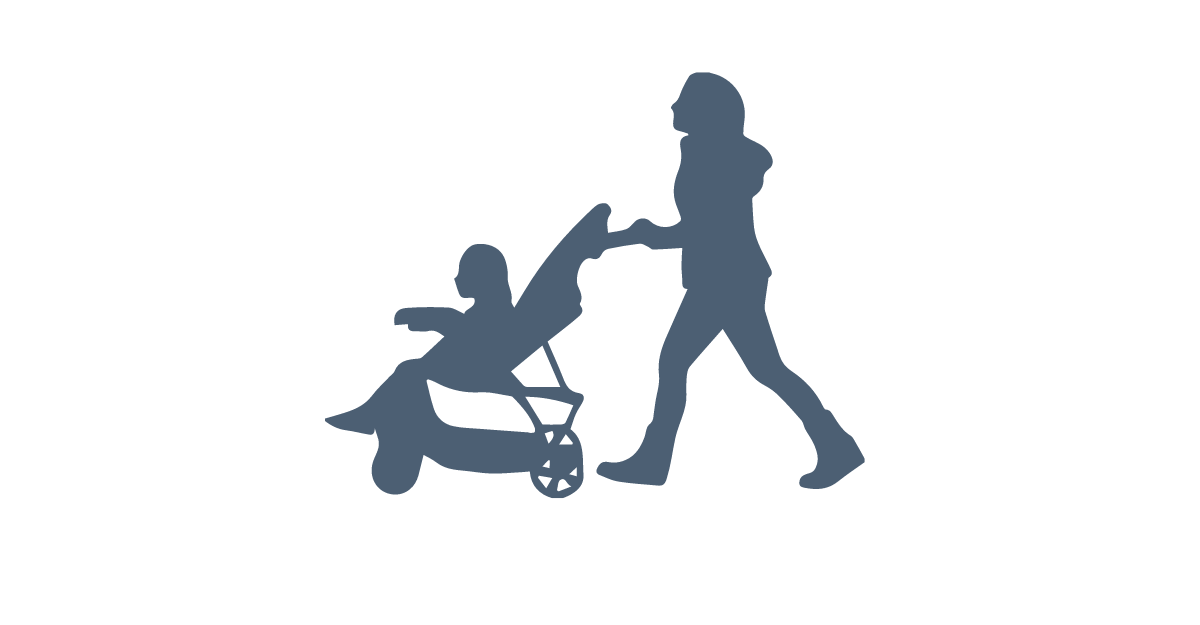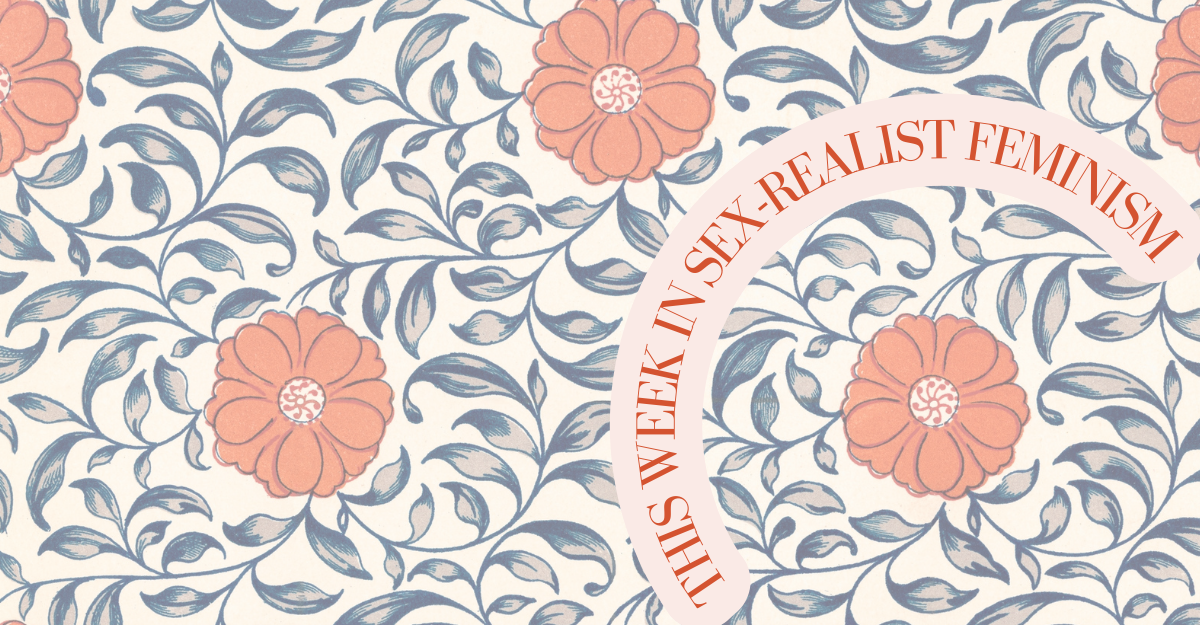Welcome to the weekly Fairer Disputations round-up: your one-stop shop for the best in sex-realist feminism. This week, we bring you commentary on the explosive WPATH Files, a compelling portrait of interdependence feminism, an update on what Featured Author Angela Franks is reading—and more!
WPATH Files Fallout is Just the Beginning
In our first featured piece this week, Featured Author Eliza Mondegreen discusses the shocking WPATH files that were leaked this week—and gives her own read on what it takes to be a “good” gender clinician.

For decades, the field of gender medicine has insulated itself from scrutiny and criticism. The public and policymakers were never supposed to get a glimpse into the inner workings of the field. They were supposed to defer to the “experts” and not look too closely at what they were being asked to support.
Eliza mondegreen

COVID exposed what many of us already knew. Biology still matters. Motherhood imposes demands that can be difficult to square with a full-time career. This is not to say having both is impossible. Yet when things start going pear-shaped on a global level, the institution that can be counted on the most to take care of children is not the school system and not the daycares; it is family.
Ivana Greco
Feminism Goes Home
Next, Featured Author Ivana Greco reviews Featured Author Mary Harrington’s Feminism Against Progress. In doing, she suggests that there are two feminist “teams”: “Team Freedom” and “Team Interdependence.”
Dad Culture Has Nothing to Do With Parenting
Finally, at The Atlantic, Saul Austerlitz points out that “dad culture” doesn’t actually have a lot to do with fathers taking an active part in caring for their children.

The old model of fatherhood—the hands-off, financial-provider stereotype that involved little participation in bath time or homework—bears less and less resemblance to reality. But cultural conceptions of what a “dad” looks like still seem to reveal a lingering discomfort with masculine caregiving, the central work of fatherhood.
SAUL AUSTERLITZ
More Great Reads:
- Social Media and the Neoteny Trap, Jess Gill, The Critic
- Tradwife Ideology Won’t Save You, Lane Scott, The American Mind
- The State Took These Children Away – Then Used Their Parents’ Low IQ Scores to Keep Them Apart, Britta Lokting, The Guardian
- Four Lessons for a Fragile America, Seth Kaplan, Tablet
- Daniel Patrick Moynihan’s Prophecy, Rob Lester, Compact
What I’m Reading: Angela Franks
I have been reading the third volume of Hans Urs von Balthasar’s Theo-Drama in order to write an essay on gender ideology and Catholic thought. TD 3 covers a lot of ground; the chapter I’m reading is about Mary, the mother of Jesus. Balthasar makes interesting arguments about the sexes, based on the New Testament and on the book of Genesis. For example, he says, “When the Adam of Genesis fails to find a partner among the animals, it is not because he lacks communication from spirit to spirit.” The story indicates that he had such communication with God himself. “What he misses is the relationship in which bodily things are communicated spiritually and spiritual things bodily.” In other words, the reduction after the fall of male desire for women to sexual desire is a real distortion of the original, broader spiritual desire.




